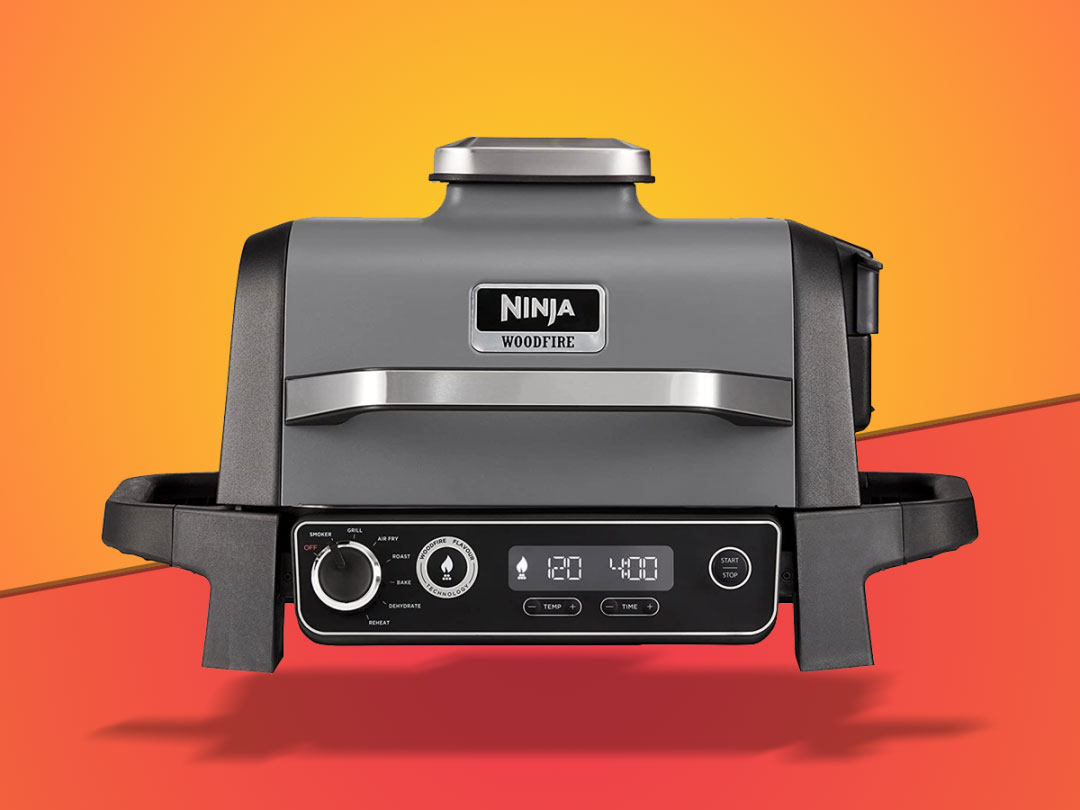MTN and Airtel are investing nearly $400 million (₦613.81 billion) to expand beyond voice and data to offer core startup infrastructure such as cloud and AI services.
Their goal is to become startups’ go-to providers in a market still ruled by AWS, Google Cloud, and Azure. By pricing in naira, promising AI-grade compute power, and running accelerator programmes, they hope to keep millions of dollars in tech spending from flowing overseas.
AWS already bills in naira, but “there is a difference between charging in naira and being priced in naira,” said Lynda Saint-Nwafor, MTN’s chief enterprise business officer.
The move also pits them against rising local providers like Nobus Cloud and Layer3, who gained ground after the naira’s sharp fall in 2023. Unlike MTN and Airtel, these smaller players do not own their infrastructure and rely on open-source platforms like OpenStack.
Telcos believe their ownership of the entire stack — from infrastructure to service — gives them a pricing and performance edge.
MTN targets startups with affordable cloud storage, local compute power, and naira-based billing. Airtel is betting on AI workloads, investing in hyperscale infrastructure built for massive data processing. Together, they believe they have enough to win over startups.
MTN’s cloud ambition
When MTN announced in June 2024 that it was building a Tier 4 data centre, its then chief technical officer, Mohammed Rufai, said, “Our facility will provide the space and services needed, enabling companies to digitalise their operations and improve efficiency.”
This hinted at how the telco was thinking about its facility, so when MTN’s Saint-Nwafor recently revealed that Nigerian businesses spent $600–$850 million on cloud services in 2024, it became clear that the telco intends to be bullish on cloud services.
According to Mordor Intelligence, Nigeria’s cloud computing market will hit $1.03 billion in 2025, reaching $3.28 billion by 2030. Statista expects the public cloud segment alone to generate $1.63 billion in 2025.
Most of this becomes capital flight, with AWS, Microsoft Azure, and Google Cloud — which together accounted for 65% of the $90.9 billion spent globally on cloud services in Q1 2025 — claiming the lion’s share.
Since the 2023 devaluation, startups have faced growing pressure as naira revenues struggle to match rising dollar costs. The currency has slumped from ₦471/$ to ₦1,534.52/$ ₦1,534.52/$ as of August 14, 2025.
“When the dollar devaluation happened, a lot of dollar expenses went up, and most startups’ expenses went up,” said Aaron Sotunde-Adesina, CEO of Quonos.
MTN wants to turn this pain into an opportunity by pricing in naira, undercutting global rates by 15–20%, and hosting workloads locally to cut latency and strengthen data sovereignty.
So far, it has invested $120 million, with another $135 million planned. “Our cloud is crafted for Nigerian startups, enterprises, and public institutions,” says Ifeanyi Otudor, senior consultant, MTN Enterprise Solutions.
Alongside enhanced cybersecurity, the platform supports self-orchestration, allowing customers to provision and scale resources as they would on AWS or Google Cloud.
Sotunde-Adesina believes adoption will depend on performance: “If it is cheap and works, people will adopt it. If it doesn’t work or isn’t reliable, it will be a big struggle.” He notes that local providers have historically failed to match foreign reliability.
Shifting to a new cloud platform will be a learning curve for startups. “It might not take a while. We have young and new developers coming up. They’ll be native to it,” he added.
The telco will still face stiff competition from global giants offering incentives. Google, through its African startup accelerator programme, has provided over $5 million in equity-free funding and cloud credits to startups since 2018. In April 2025, Amazon CTO Werner Vogels visited Lagos, pledging, “Amazon wants to follow where the talent is.”
MTN is countering with its accelerator programme, offering up to ₦100 million in grants and incentives for growth-stage startups. “We want Africa’s future to be powered by MTN’s cloud,” said Saint-Nwafor.
In 2019, the National Information Technology Development Agency (NITDA) introduced a Cloud Computing Policy to encourage public organisations and SMEs to use local providers. Kashifu Inuwa, director general of NITDA, reiterated this at the launch of MTN Cloud, saying, “This is an opportunity to show the world we are ready to build sovereign cloud infrastructure.”
Abia State is already on MTN Cloud, but the telco’s broader ambition remains startups.
Airtel’s AI bet
In March 2024, Airtel broke ground on a 38-megawatt hyperscale data centre in Eko Atlantic, currently valued at $120 million and counting.
Hyperscale facilities, typically housing at least 5,000 servers, are engineered for massive workloads like generative AI. When completed in 2026, it will be Nigeria’s first hyperscale data centre, and Airtel plans to leverage this advantage.
“We are building at a hyperscale level, designed for the new server loads that modern infrastructure demands,” said Ogo Ofomata, director of Airtel Business, at a recent media gathering.
CEO Dinesh Balsingh added: “If you want to make transformational change, we are talking about high-capacity data centres, which can take the load of artificial intelligence that Nigeria needs.”
Unlike traditional data centres, AI-ready facilities depend on high-performance GPUs instead of CPU servers, offering builders computing power combined with advanced storage, networking, and cooling needed at scale. The facility has already received its first GPUs for AI model training.
While the telco may have its heart in the right place, attracting startups will be challenging. “I want to move off AWS, but my CTO and backend engineer favour it as the best for building an AI company,” said Adeboye Idowu, CEO of 3Rings, an AI startup.
AI could add $15 billion to Nigeria’s GDP by 2030, yet, according to Oxford Insights, the country’s AI infrastructure index stands at just 42.67. In Nigeria’s draft National AI Strategy, stakeholders emphasised that the vision depends on affordable, localised compute infrastructure.
“The current era of AI requires modern data centres with accelerated computing, data and model stacks. Consequently, Nigeria’s data centre infrastructure needs to be upgraded and scaled to meet the demands of AI research and use,” they noted.
Airtel is betting its hyperscale will deliver this. “Data centres are actually for artificial intelligence,” added Balsingh.
MTN and Airtel’s combined data centre spend is a fraction of the $180 billion Google, Microsoft, and AWS are investing in 2025 alone. But as with every developmental wave, Africa, in this case Nigeria, has had to build and scale at its own pace, mixing local ambition with international support.
As the Minister of Communications, Innovation and Digital Economy, Bosun Tijani, put it at a recent gathering. “We cannot build a modern economy without modern infrastructure.”
As telcos aim to plug a crucial gap for many startups, the jury is out on whether they can match the reliability, incentives, and scale of the global cloud giants.
Mark your calendars! Moonshot by is back in Lagos on October 15–16! Join Africa’s top founders, creatives & tech leaders for 2 days of keynotes, mixers & future-forward ideas. Early bird tickets now 20% off—don’t snooze! moonshot..com










